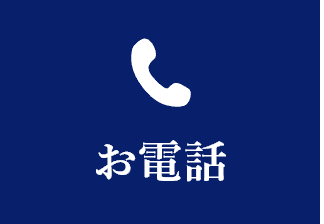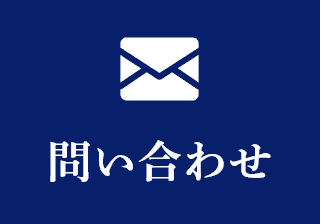Preventive Dentistry: Frequently Asked Questions

Preventive Dentistry: Frequently Asked Questions
Q1. What does preventive dentistry involve?
A1. Preventive dentistry aims to maintain a healthy oral environment to prevent cavities and gum disease. Specific procedures include professional teeth cleaning (PMTC), fluoride application, oral hygiene instructions, and lifestyle modification guidance.
Q2. How often should I have a regular dental checkup?
A2. The ideal frequency varies depending on your oral health status, but generally, a checkup every 3-6 months is recommended. Individuals with a higher risk of cavities or gum disease may benefit from more frequent checkups.
Q3. How many times a day should I brush my teeth?
A3. Ideally, you should brush four times a day: after each meal and before bed. If that’s difficult, aim for at least twice a day: in the morning and before bed. Brushing before bed is especially important because saliva production decreases during sleep, creating a more favorable environment for cavity-causing bacteria to thrive.
Q4. What kind of toothbrush should I choose?
A4. A toothbrush with soft bristles and a small head is generally recommended. The bristle firmness should be chosen based on the condition of your gums. If you experience pain while brushing, choose a softer toothbrush. However, once the pain gradually decreases, you should go back to a regular toothbrush.
Q5. Are interdental brushes and dental floss necessary?
A5. A toothbrush alone cannot completely remove plaque and debris from between teeth or within the periodontal pockets. Using interdental brushes or dental floss in addition to brushing can effectively remove plaque and help prevent cavities and gum disease.
Q6. Is fluoride really safe?
A6. When used in appropriate amounts, fluoride is a safe and effective method of preventing cavities. In Japan, the amount of fluoride that can be added to toothpaste and other dental products is regulated by law. Fluoride varnishes and other topical fluoride treatments used in dental clinics have a higher concentration of fluoride, so they should only be used under the supervision of a dentist or dental hygienist.
Q7. I have dry mouth (xerostomia). What can I do for prevention?
A7. Dry mouth increases your risk of cavities, gum disease, and bad breath. Effective measures include frequent sips of water, using a humidifier, salivary gland massage, and using moisturizing oral rinses. It’s also important to limit alcohol and caffeine intake and to avoid smoking.
Q8. Is dental treatment during pregnancy safe for the fetus?
A8. Maintaining good oral health is important during pregnancy, as hormonal changes and morning sickness can increase your risk of cavities and gum disease. Ideally, dental treatment should be performed during the second trimester (the stable period of pregnancy), but necessary treatments can be handled at any stage. Be sure to inform your dentist that you are pregnant so that they can select safe treatment methods.
Q9. How much does preventive dentistry cost?
A9. The cost of preventive dentistry varies depending on the procedures performed. Regular checkups and cleanings are sometimes covered by insurance. Please contact our dental clinic for more information. We provide a thorough consultation and a personalized cost estimate during your initial examination.
Make an appointment for consultation today.
Tokyo International Dental Clinic Roppongi
- Address: 5-13-25-2 Floor, Roppongi, Minato-ku, Tokyo
- Phone: 03-5544-8544
- Closest Stations: Azabu Juban (Toei Oedo Line take exit7/Tokyo Metro Namboku Line exit 5a ), Roppongi (Hibiya Line exit 3)
We look forward to helping you achieve a healthy, beautiful smile!















